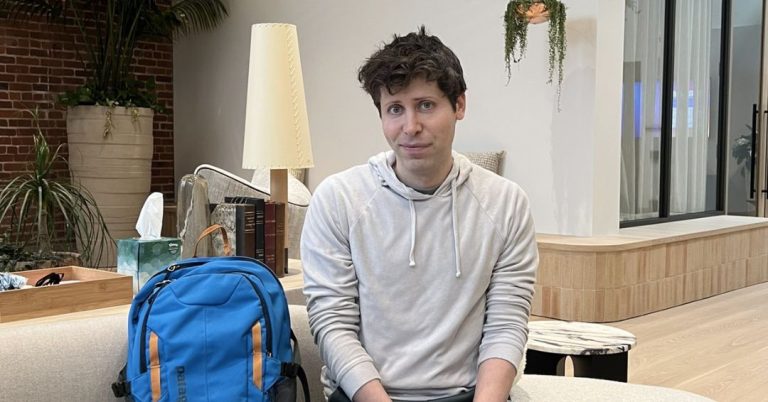OpenAI CEO Sam Altman has revealed that the company’s $200-per-month ChatGPT Pro plan is currently operating at a loss.
This surprising admission comes as the company grapples with the high demand for its premium AI services.
In a series of posts on X, Altman stated, “I personally chose the price, and thought we would make some money,” highlighting the unexpected popularity of the service that has outpaced their initial projections.
This development raises questions about the financial viability of OpenAI’s current pricing structure and its overall path to profitability.
Demand for advanced AI exceeds expectations
Launched late last year, ChatGPT Pro grants users access to an upgraded version of OpenAI’s advanced “reasoning” AI model, known as o1 pro mode.
It also provides lifted rate limits on various other tools, such as its Sora video generator.
The demand for these enhanced capabilities has surged beyond OpenAI’s expectations, leading to greater usage and, consequently, higher operational costs.
This high usage is contributing to the plan’s unprofitability.
OpenAI’s path to profitability remains uncertain
Despite having raised around $20 billion since its founding, OpenAI is not yet profitable.
Reports suggest the company expected to lose about $5 billion on revenue of $3.7 billion last year.
These significant expenditures stem from factors such as staffing, office rent, and the substantial costs associated with training AI models.
At one point, ChatGPT alone was reportedly costing OpenAI an estimated $700,000 per day.
Recently, OpenAI acknowledged that it needs “more capital than it imagined” as it prepares for a corporate restructuring aimed at attracting new investments.
To reach profitability, the company is reportedly considering increasing the prices of its various subscription tiers.
OpenAI optimistically projects its revenue will reach $100 billion in 2029, matching the current annual sales of Nestlé.
Eyes on the future: from AGI to superintelligence
In a post on his personal blog, Sam Altman shared that he believes OpenAI now “know[s] how to build [artificial general intelligence]” as the company has traditionally understood it, and is beginning to turn its focus to “superintelligence.”
Altman stated:
We love our current products, but we are here for the glorious future. Superintelligent tools could massively accelerate scientific discovery and innovation well beyond what we are capable of doing on our own, and in turn massively increase abundance and prosperity.
He previously suggested that superintelligence could be “a few thousand days” away and that its arrival would be “more intense than people think.”
Defining the path to superintelligence
AGI, or artificial general intelligence, is a complex concept, but OpenAI defines it as “highly autonomous systems that outperform humans at most economically valuable work.”
OpenAI and Microsoft, the startup’s close collaborator and investor, also have a definition of AGI: AI systems that can generate at least $100 billion in profits.
Once OpenAI achieves this goal, Microsoft will lose access to its technology, per an agreement between the two companies.
While it is unclear which definition Altman was referring to, he seems to be leaning towards the former.
Altman has also suggested that AI agents — AI systems capable of performing specific tasks autonomously — may “join the workforce” this year and “materially change the output of companies.”
“We continue to believe that iteratively putting great tools in the hands of people leads to great, broadly-distributed outcomes,” he wrote.
The post OpenAI’s ChatGPT Pro is losing money, CEO Sam Altman admits appeared first on Invezz



